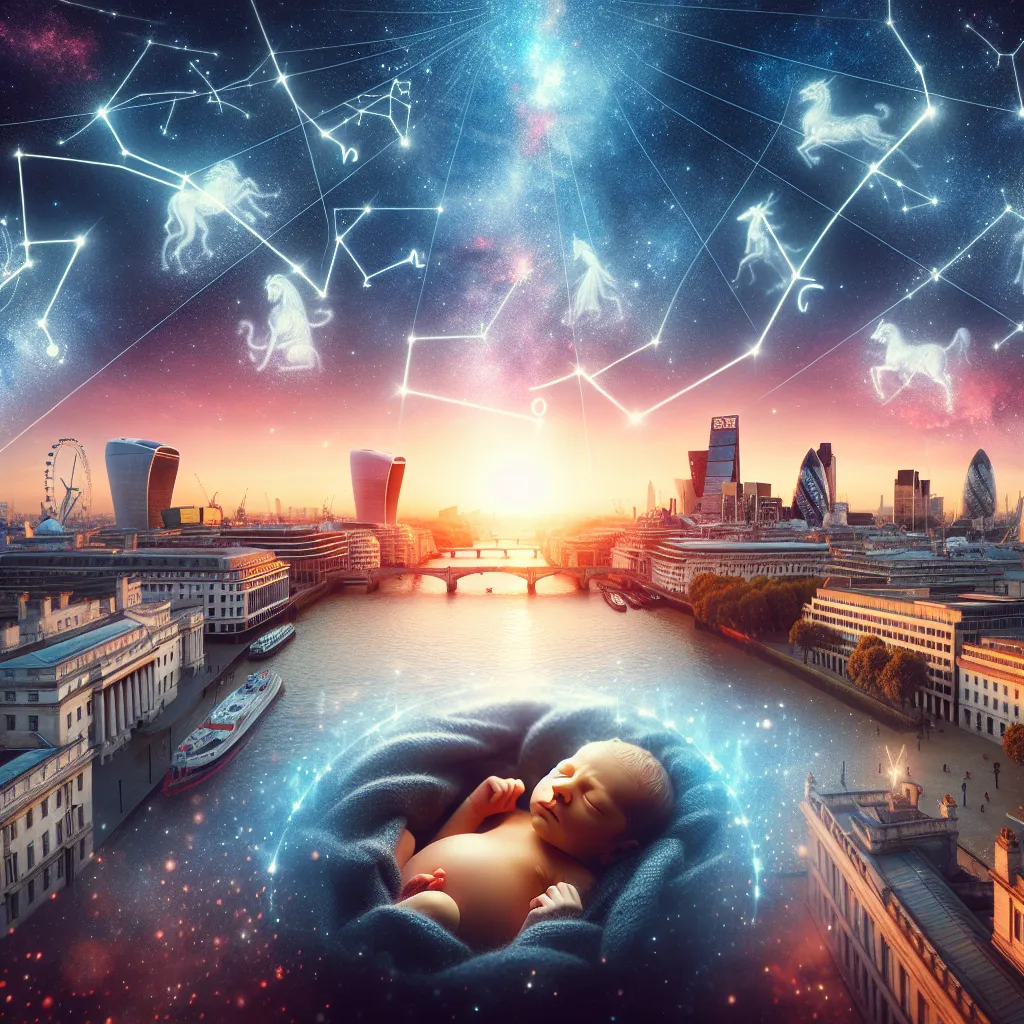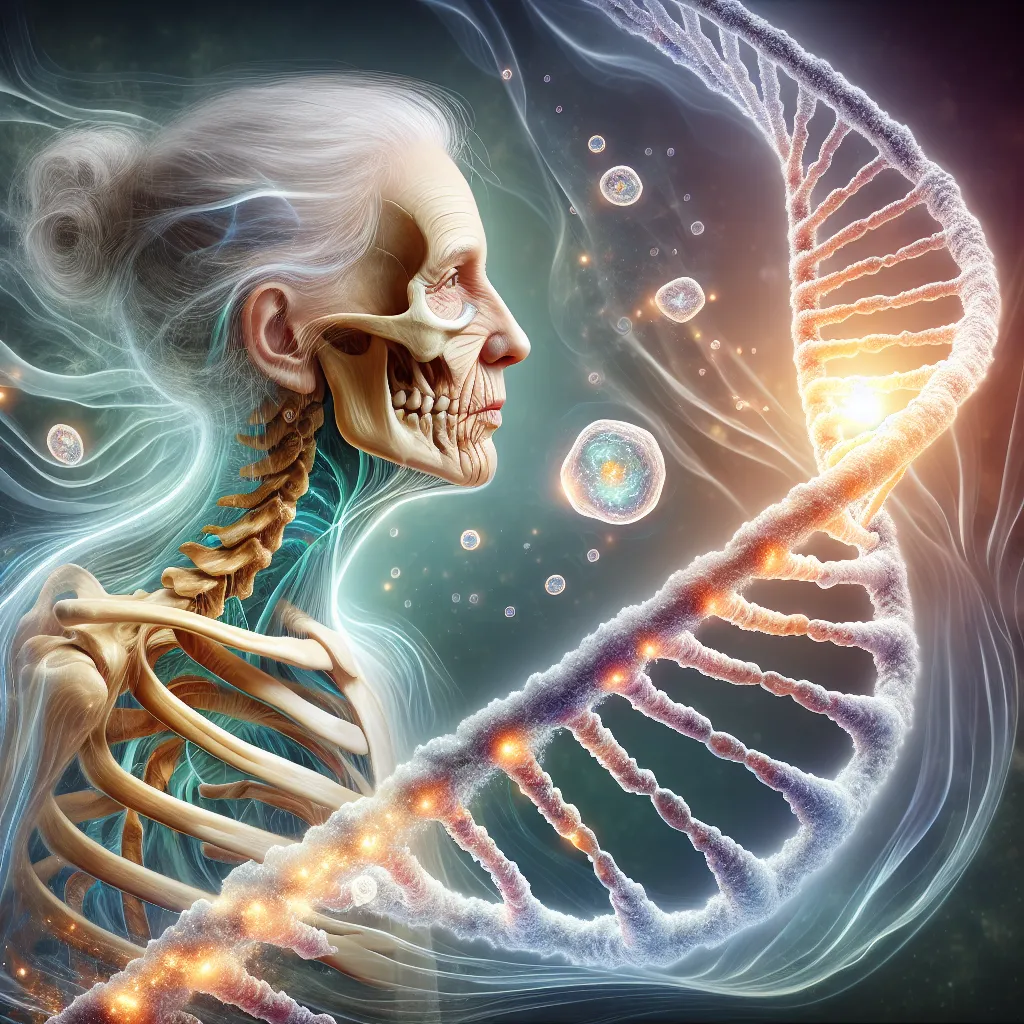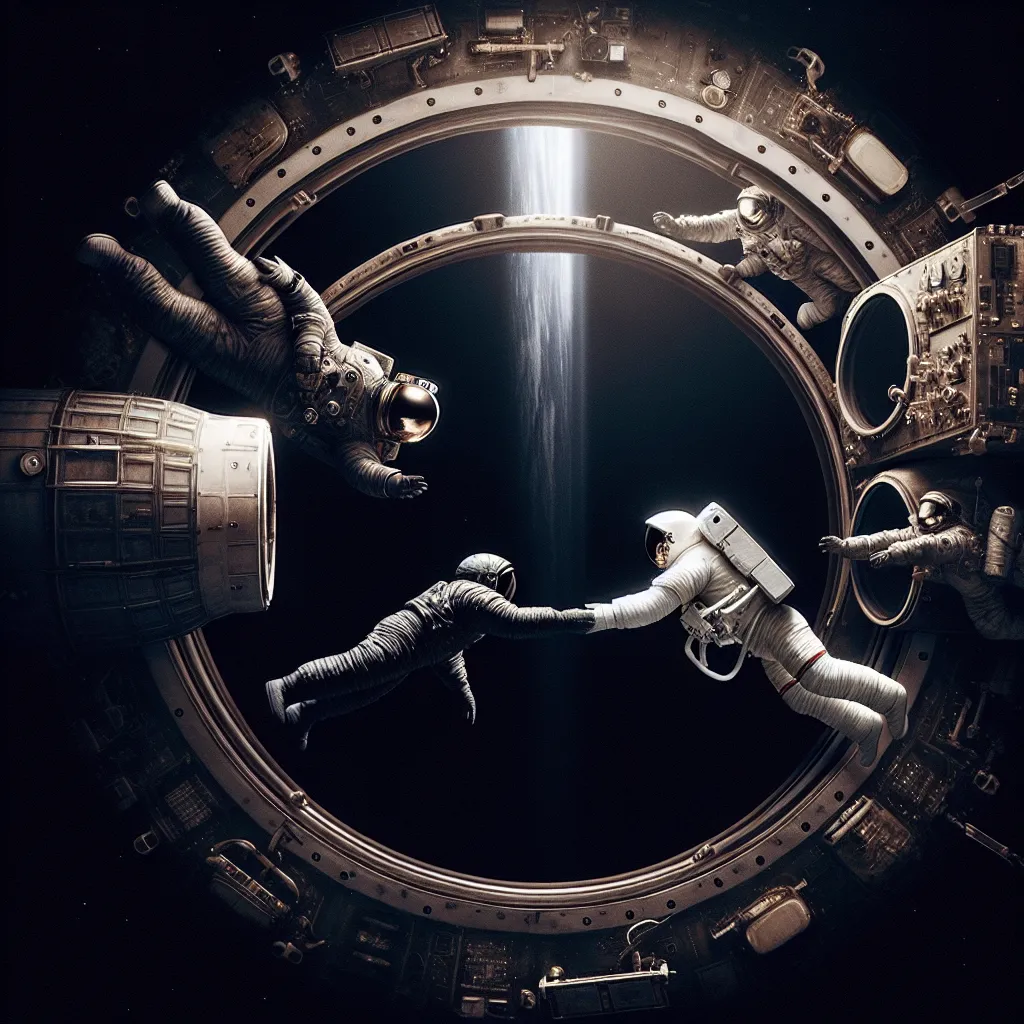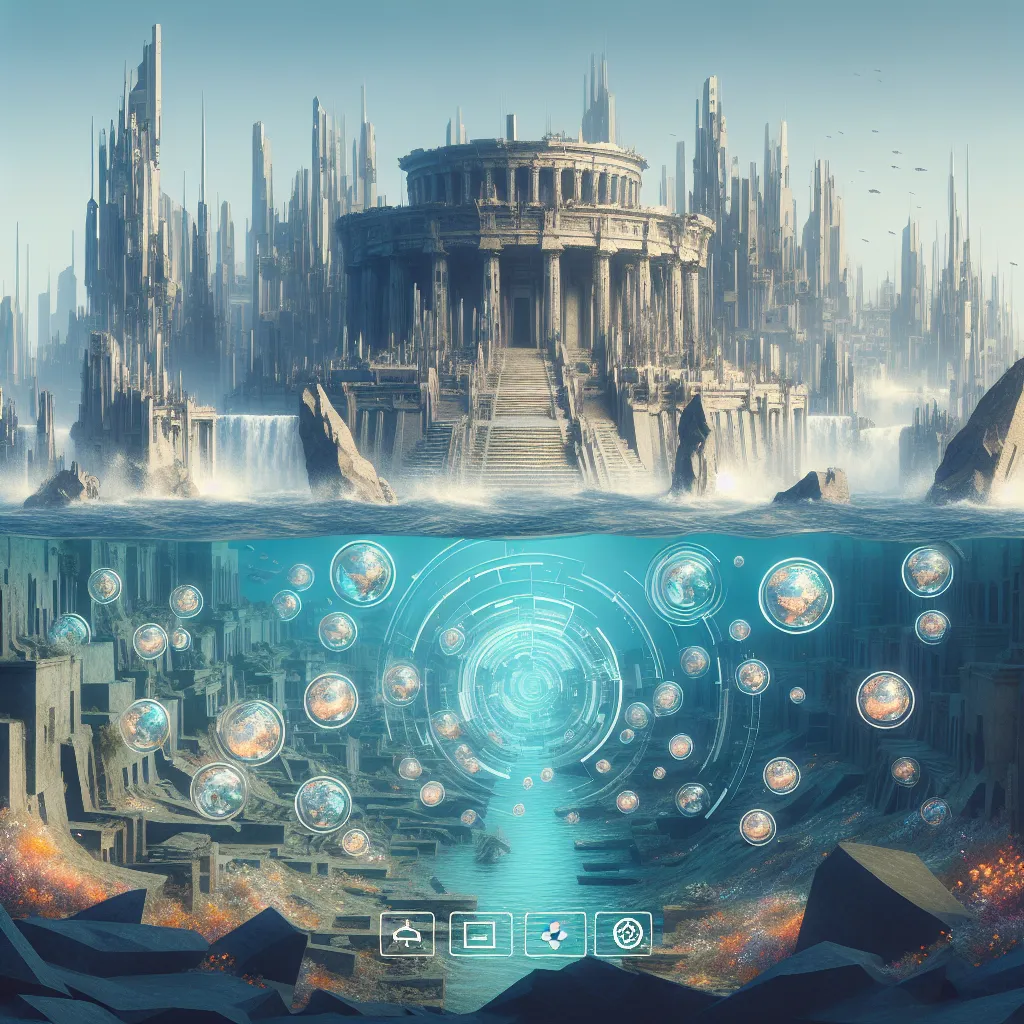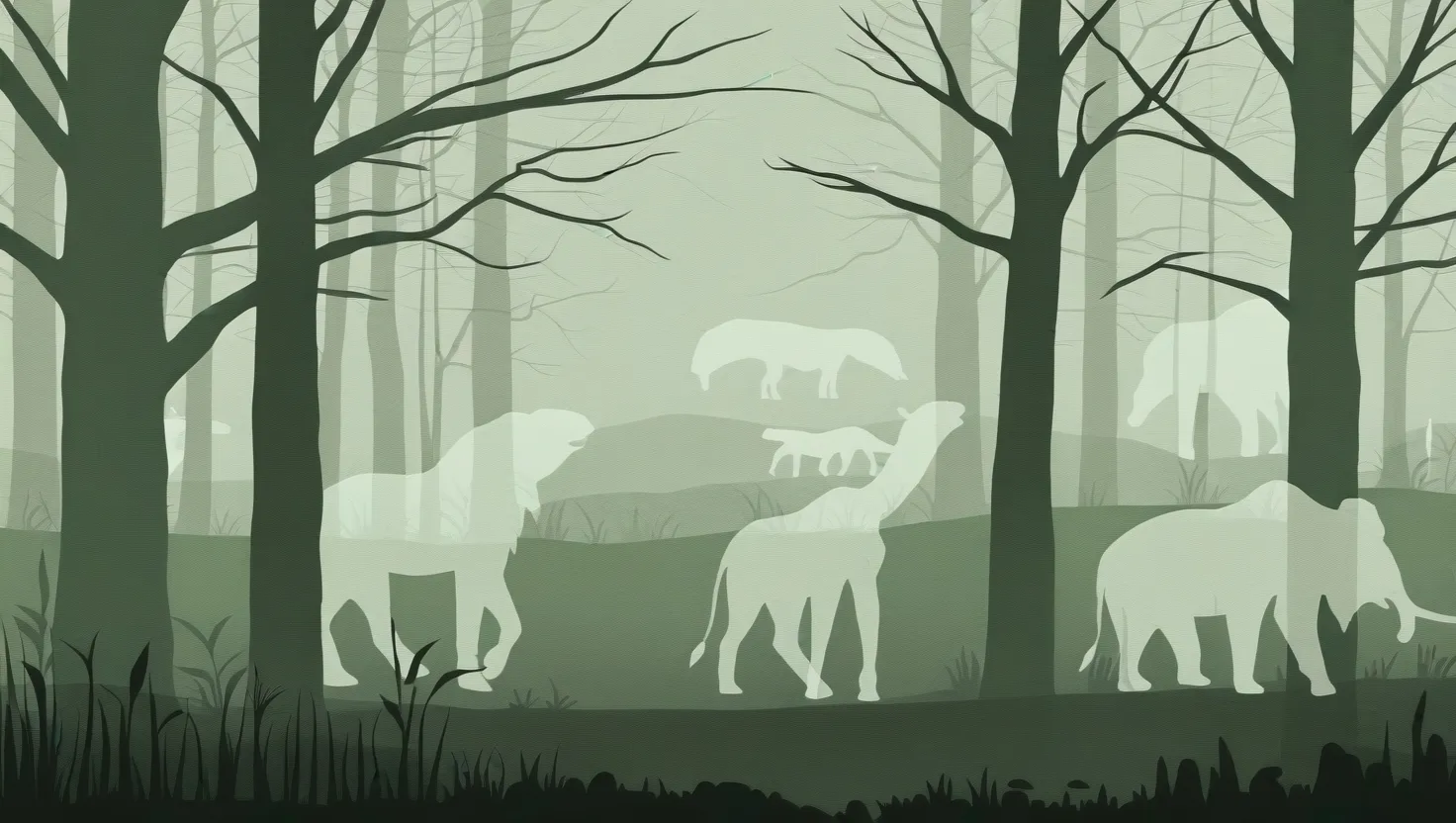It’s 5:07 p.m. on February 10th in central London, and somewhere, a child enters the world. According to astrology, this newborn is an Aquarius—innovative, sociable, and unconventional. But hold on, there’s a twist: Western astrology’s method of calculating star signs is flawed, potentially leaving us all reading the wrong horoscopes.
Astrology holds a deep-seated sway over millions. Surveys show that over a third of us believe in its power, making 400,000 calls yearly to popular horoscope lines. National newspapers rake in millions from this interest. For many, the first thing they check each morning isn’t the news but their horoscope.
Centuries-old beliefs connect our destinies with the heavens. Astrologers claim that the positions of the sun, moon, and planets at our birth reflect our personalities and futures. These celestial bodies supposedly traverse twelve constellations, which ancient Greeks thought resembled figures like crabs, twins, and bulls, leading to our familiar zodiac signs.
Take Russell Grant, a renowned astrologer who has been casting horoscopes for decades. He crafts predictions based on the positions of celestial bodies. To many, astrologers act like celestial guides, suggesting paths in life that people can choose to follow or ignore.
But here’s the kicker: scientists view astrology as pseudoscience. Astrology’s geocentric perspective—that the Earth is the center of the solar system—misrepresents how stars and planets are actually arranged in space. This viewpoint is technically inaccurate and misleading.
The big issue is Earth’s axis wobble, known as precession, which alters the positions of celestial equators over time. Ancient Greek astrologers based their zodiac on the positions of stars over 2,000 years ago, but now, due to precession, those positions have shifted. Today, the stars are no longer where the Greeks saw them on the zodiacal map.
For instance, the sun currently aligns with Pisces, not Aries, during the spring equinox. This shift means the zodiac signs we use today are about a month off. An Aries should read Pisces, a Taurus should read Aries, and so forth. But astrologers argue this point, saying their zodiac signs are merely names derived from nearby constellations and not directly influenced by them.
Astrologers claim their work is more about interpretation than the exact stars’ positions. Yet, skeptics like psychologist Chris French argue that astrology’s supposed accuracy is actually due to psychological manipulation, known as the Barnum effect, where vague statements feel personally accurate. Cold reading, another technique skeptics highlight, involves making educated guesses based on non-verbal cues and feedback.
In an interesting twist, a test involving a real astrologer and a skilled cold reader posing as an astrologer showcased both practitioners convincing participants of their insights. Both were commended for their perceived accuracy, even when one was only guessing based on subtle cues.
Ultimately, whether astrology holds any real power remains debatable. For those who believe, it offers comfort and a sense of direction. But with the precession of the Earth’s axis throwing traditional zodiac signs into question, we might all be reading the wrong horoscopes. So, if you were an Aries, maybe it’s time to start reading predictions for Pisces instead.
